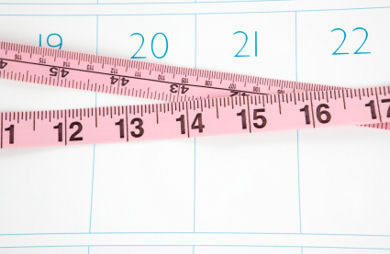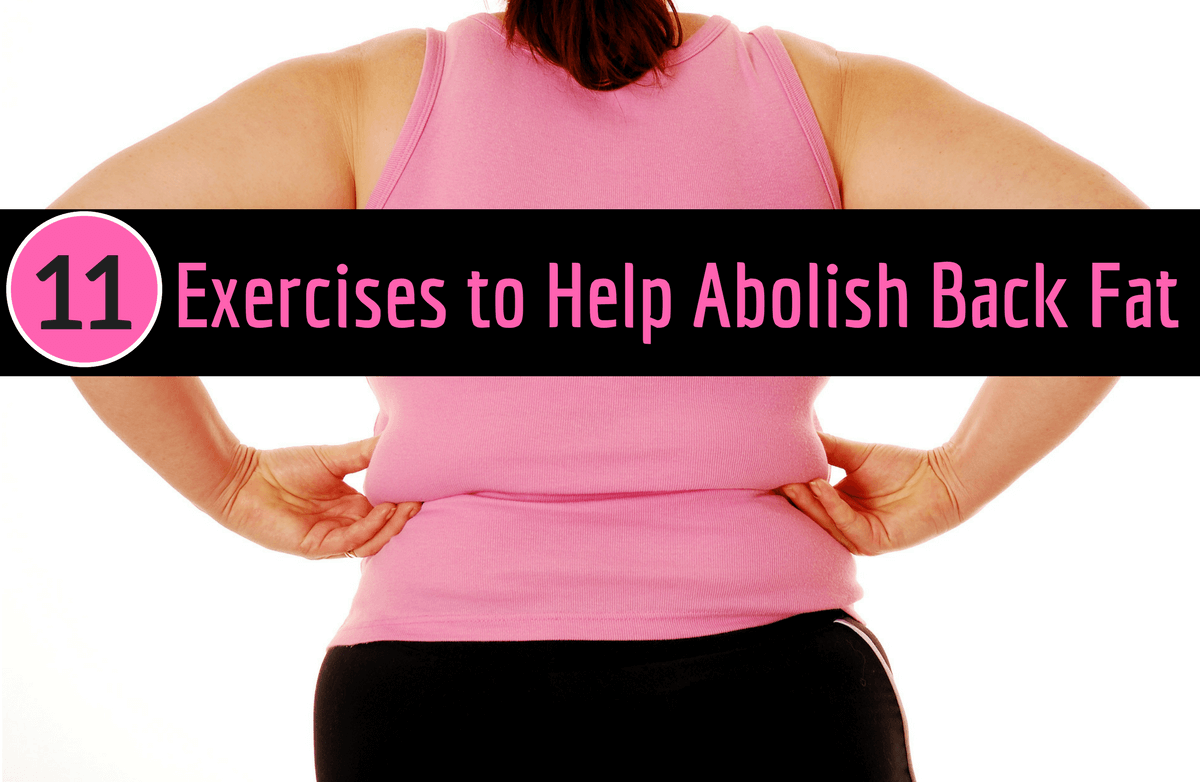|
You want to be a fit person, right? That's why I'm sharing my own habits for keeping fit and staying healthy in the ongoing Habits of Fit People series. Here's one that works for me: Believing in myself. OK, I'm not trying to get all new age-y on you, but your attitude really does matter when it comes to creating and sticking with a fitness routine. Beyond personal experience, I've got some research to back me up here. Turns out, the "secret" to starting and sticking with a workout routine may all be in your head, at least according to one recent study. In fact, if you "think yourself fit," you could be 139% more likely to stick to a workout routine! When it comes to reaching any goal in life, attitude is important. Countless studies show that happier people are healthier; that positive people live longer; and that confident people are more likely to succeed. Couldn't we apply all of these same things to exercise? The October 2008 edition of Annals of Behavioral Medicine included an article on this very topic. Researchers surveyed 205 exercisers about psychosocial variables, including their expectations and self-efficacy, which in this case, is the belief that you can do something successfully. Stick with me here. Applied to exercise, a person with high self-efficacy would believe, "I know how to exercise safely and correctly. I'm confident and capable of working out and sticking to a routine. I know that exercising will help me reach my goals." After analyzing the survey data, researchers at the Miriam Hospital in Providence, R.I. found that the biggest predictor of maintaining an exercise routine was a person's self-efficacy, or, a person's belief that he or she could exercise successfully. That factor alone was, "responsible for a 139% increase in the odds of being active after a year," according to an L.A. Times story about the study. In my own experience in exercise and in life, I know that believing in myself and staying positive are important predictors for my own success and happiness. But if you're not confident about exercising, I have some ideas for you. After all, you can always increase your self-efficacy. Here's how:
On a scale of 1-10, I'd say that I have high self-efficacy when it comes to fitness: maybe an 8 (I still have more to learn). I built experience, which boosts confidence, by reading about fitness, trying new exercises, and continuing to learn new teaching and fitness techniques. My fitness role models tend to be instructors whose styles and techniques (and extensive knowledge!) I admire, so I learn a lot from them by taking their workshops and asking questions. And do I encourage myself? You bet. I always have to tell myself "You can do it! Don't give up!" when I'm tired and want to quit. How about you? Rate your fitness "self-efficacy" on a scale of 1-10 below. Then tell us how you've increased your fitness experience; whether or not you have a fitness role model; and what you say to yourself for encouragement. |
Popular EntriesMore From SparkPeople
|



.png)
.png)
















.jpg)